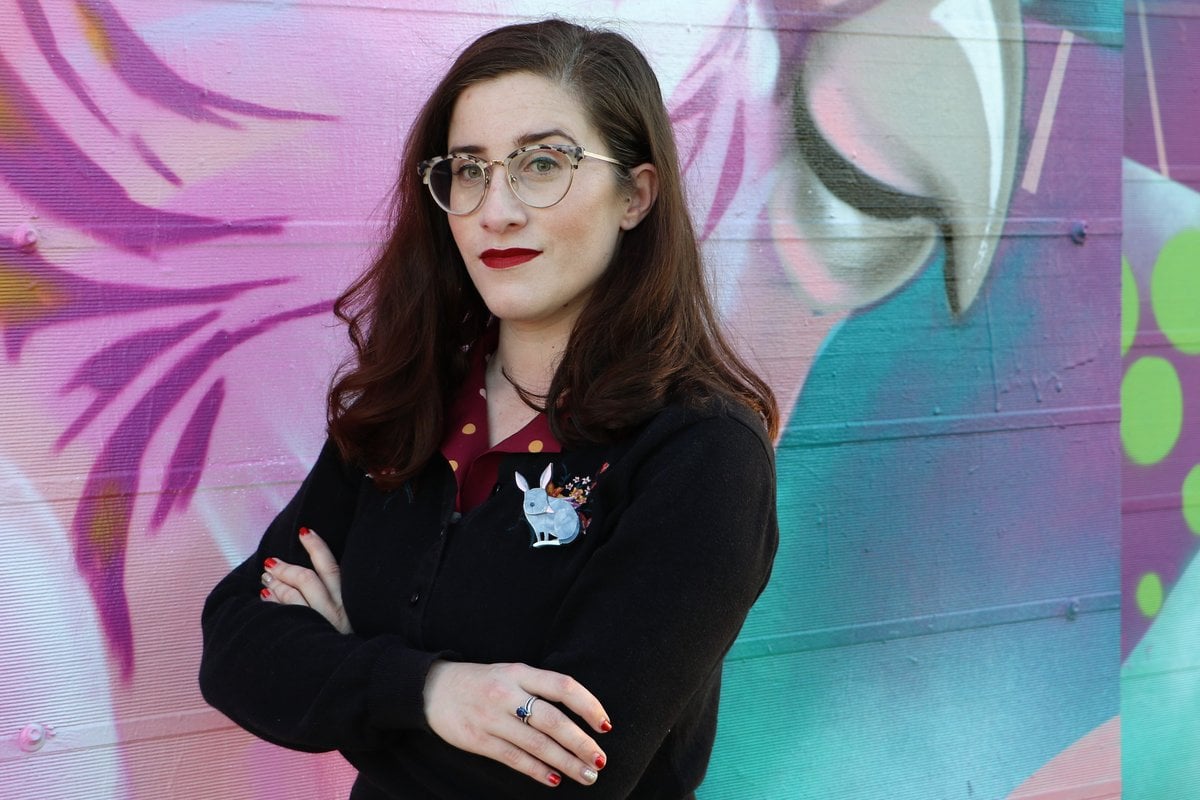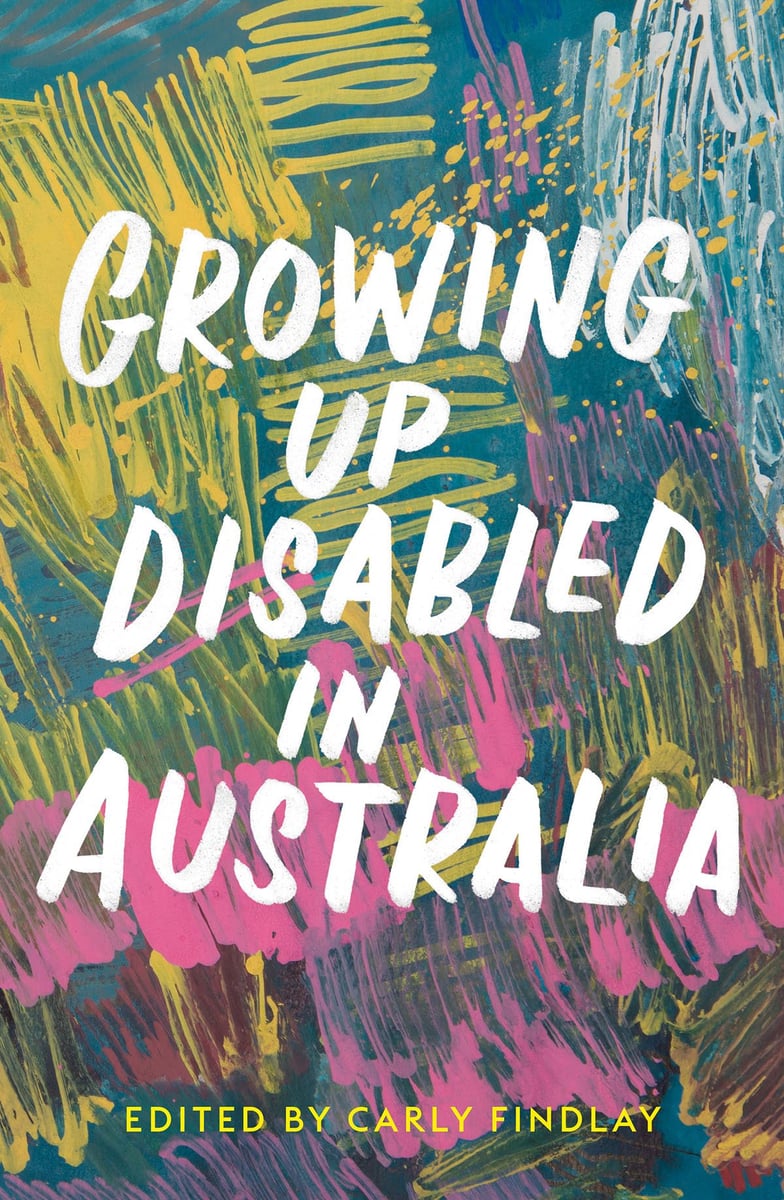
I grew up, for the most part, as an able-bodied person. Somewhere around the age of fifteen, I started experiencing severe period pain. More than a decade later, I’m a woman in her late twenties with a condition and a list of unexplained symptoms longer than the scrolling text at the start of a Star Wars movie.
Officially, it’s chronic nerve pain in the pelvis, vulvodynia, vaginismus and mast cell activation disorder. Truthfully, it’s been years of wasted youth stuck in doctors’ offices, being told that something’s wrong with my nerves but nothing concrete, even after enduring every available procedure with the suffix -oscopy. Treatment and management are a stab in the dark, with more plot holes than the aforementioned Star Wars movie.
As a maladjusted youth I had to forgo the rites of passage – parties, partners and periods – that take up your teens and early twenties, so I am used to the word ‘resilience’. Acquaintances marvel at my resilience. Resilience is equated with bravery, as in ‘you are saaaahhhhhh brave’ for struggling against the odds.
People think you are born emotionally tough, with some inherent or genetic ability to go the distance. I want young people like me to know that resilience is different for the able-bodied, and the reality – the truth of staying strong when faced with barriers – is that it doesn’t occur as naturally as one might think.
Inevitably, you will need to hold two kinds of umbrellas: one against a torrent of people, and the other against the pelting rain of yourself. It’s not the storm that will overwhelm you in the end: it’s the rain – gradual, drop by drop – that can threaten to take you under.


